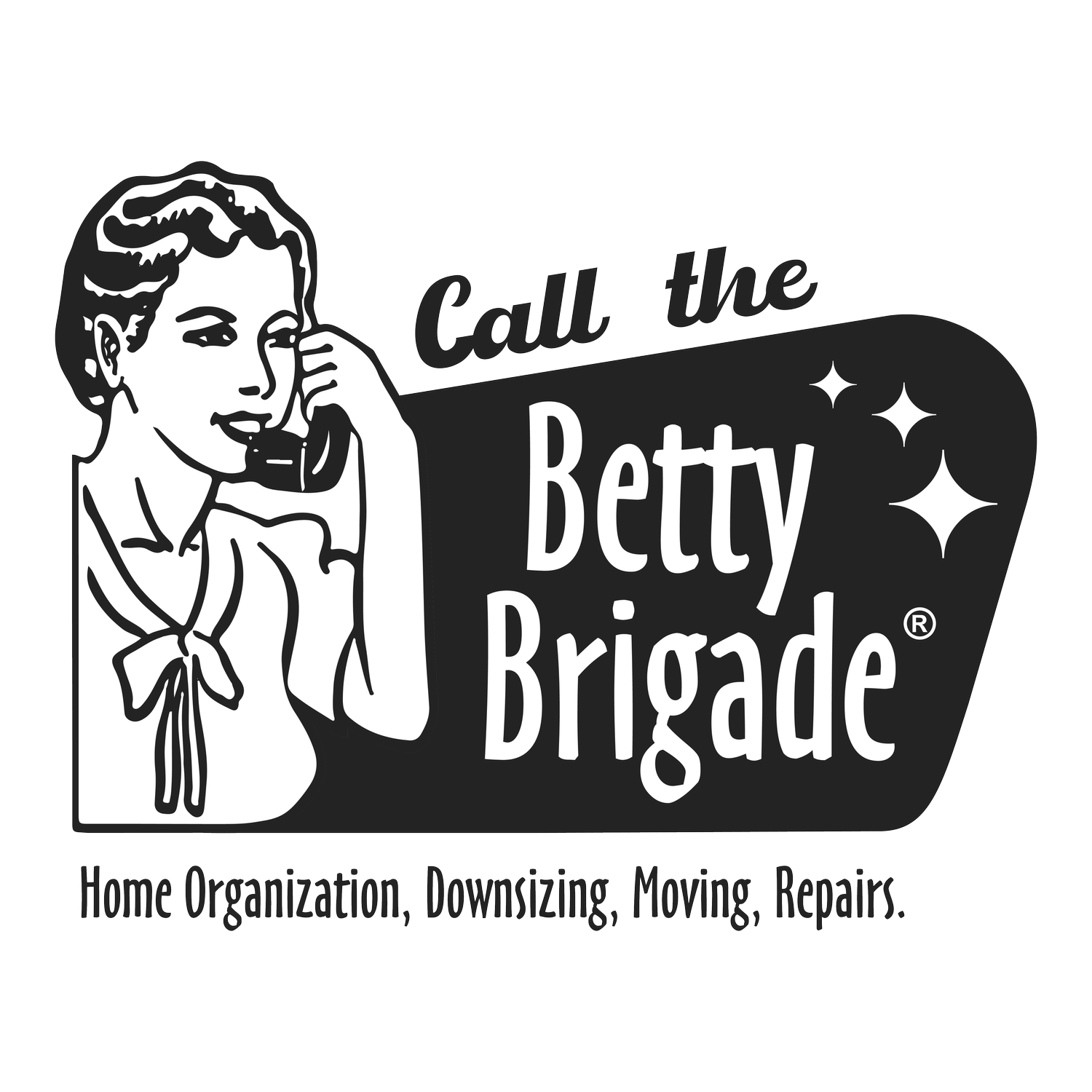Tips for Cleaning Up Your Garage
If you’re like most people then the garage is where you dump everything – from rain-soaked shoes to sports equipment, to lawn and garden stuff, but do you know where everything is? Does your garage look like a tornado rampaged through it? Fear not, we've put together some basic tips to help you get that garage whipped back into shape and keep up with it regularly during the heavy use over the summer.
Set aside at least a full day, or a couple of half-days to get the job done.
Make de-cluttering a family project or invite over a few friends to pitch in and it'll go a lot faster. You can entice them by offering pizza and your favorite (adult) beverage. Make it fun!
Move out any big space eaters (like heavy machinery or boats) so you have space to work. Bring out some extra lights, close the door & get to work.
Go through absolutely everything, including boxes you didn't unpack when you moved in—you never know where that family heirloom might be lurking. You might find something valuable or something you can laugh about later.
Go ahead and take out the trash. Empty boxes, recycling, and returnables too. You can designate space to keep them once you've cleared out the bulk.
Sort all items into three piles: keep, donate/sell, and toss. You can use storage bins or section-off areas of the garage to sort things properly. Be sure to make temporary labels so everyone knows what goes where.
What should get the boot: outgrown toys, items that are broken beyond repair, expired household chemicals (which may need special disposal), and anything you haven't used in two years or more. If you have a hard time letting go of things that have sentimental value, take a picture as a keepsake.
Sort the keepers into broad categories (for example, sports equipment, hand tools), and place them in clearly labeled bins.
Don’t delay! Get rid of the donations and things you don’t want right away. If possible, head to your local donation store or contact someone to come take it off your hands. While it’s not the season for a yard sale, larger items could be listed on Craigslist.org or taken to resale stores. Be sure to call ahead to see what items are accepted.
DON’T FORGET ABOUT SAFETY! These items should NOT be stored in your garage:
Propane – It’s highly combustible and could cause serious damage to you, your family, and your home should it ignite. This is better kept in a shed or separate storage location.
Paint – Most garages aren't temperature controlled. This means bad things for paint – most paints need to be properly sealed and kept at an average temperature or they will no longer be usable. Old paint can be disposed of at a toxic drop-off center. Paints that have solidified can just be tossed.
Paper Goods – Garages are also usually more humid than other areas of your house. This will cause any paper products to warp and mold over time. These are better kept inside.
Pet Food – Although your garage has a door, small rodents, insects, and other pests can still gain access and the last thing you want them to find is a smorgasbord of your pet’s favorite kibble. Not only does this mean you’ll have to call an exterminator but it could also potentially cause harm to your pet if they continue to eat the food the pests have been snacking on. If you absolutely have to store it here use a METAL trash can with a tight lid (this also works for bird food).
Always have a fire extinguisher ready. Most of us store lawnmowers or snow blower gas in the garage (though a shed is a better option) so be prepared for a fire. Get a 5- to 10-pound U.L.–listed extinguisher and mount it in an easy-to-access spot. It should carry an ABC rating, certifying that it's effective against wood, oil, and electrical fires. Though we're sure you know to open the garage door when your car's engine is running (right?), installing a carbon monoxide detector will give you added peace of mind. And while you're at it, check your garage door opener to make sure it has a U.L.–listed motor and an auto-stop feature that will prevent the door from closing in case a child or pet tries to sneak underneath.
Don’t forget to check those locks! Break-ins often happen when the garage door is left open and the door to the house is unlocked. Always secure the entry door with a deadbolt and keep garage windows locked. Put in a garage-door lock that bolts the door to the sidewalls, and use it when you're away for an extended period. And always close the garage door—even if you're just mowing the lawn out back or shoveling snow.
Rain, windblown leaves, bugs, and mice will find their way inside if the bottom of your garage door doesn't sit flush with the floor. Create a snug fit by attaching a rubberized strip to the floor where the door lands (you can find these at your local hardware or lawn & garden store)—you'll save yourself some cleanup time AND it'll cut down on energy costs if it's attached to the house.
KEEP UP WITH IT keep insects at bay with a pesticide that relies on natural ingredients. Keep a bag of kitty litter handy for absorbing oil and grease spills. Place a broom and dustpan or a handheld vacuum near your workbench to tidy up after working on projects. Hose down, vacuum, or use a leaf blower on the floor regularly. At least once a year, weed through your belongings and sell, donate, or toss what you don't need.
TaDa! Now your garage is in tip-top shape again! Plus it’s safe and organized! Stay tuned for more great tips on organizing your garage space. Until next time - Keep it simple!





